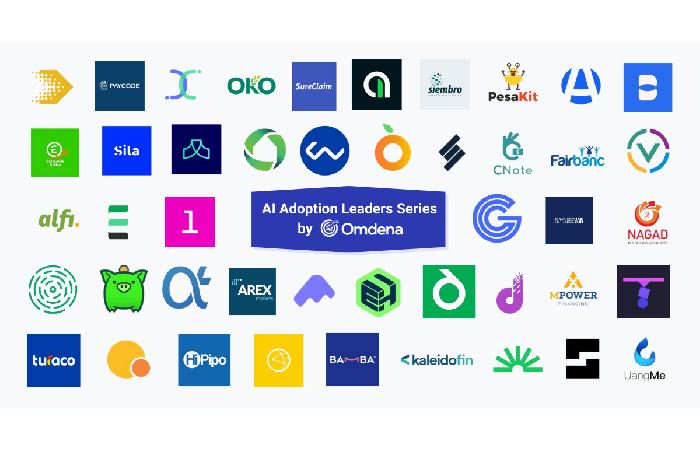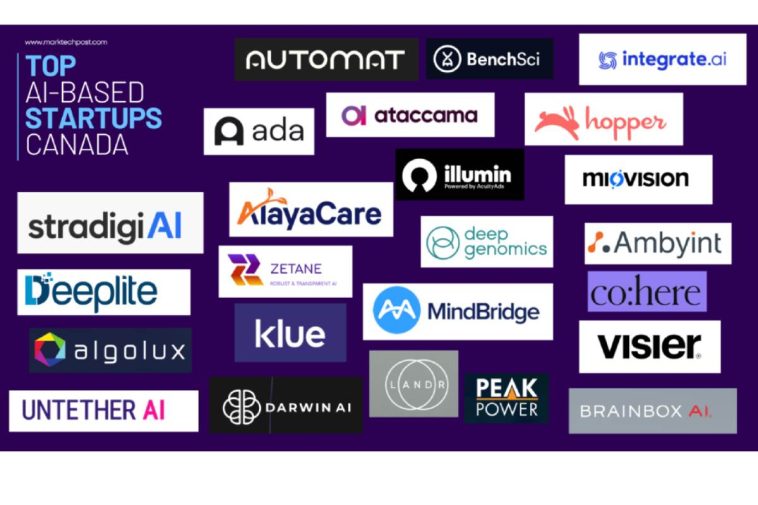Introduction
AI Startups – The world has witnessed a remarkable surge in startups leveraging artificial intelligence (AI) technologies in recent years. These startups are connecting the power of machine learning, natural language processing, and computer vision. They are also combining the power of other AI techniques to revolutionize industries across the globe.
Artificial intelligence (AI) is a branch of computer science. It deals with creating intelligent agents, systems that can reason, learn, and act autonomously. AI research has successfully developed effective techniques for solving various problems, from game playing to medical diagnosis.
Different Types
There are many different types of these startups, but some of the most common include:

- Fintech Startups: Fintech startups use AI to develop new financial products and services. For example, AI-powered lending platforms use machine learning to assess the creditworthiness of borrowers, and AI-powered investment platforms use natural language processing to analyze financial news and data.
- Healthcare Startups: Healthcare startups are using AI to develop new diagnostic and treatment tools. For example, AI-powered medical imaging platforms use deep learning to identify diseases in medical images, and AI-powered drug discovery platforms use natural language processing to analyze scientific literature.
- Retail Startups: Retail startups are using AI to develop new ways to personalize the shopping experience. For example, AI-powered recommender systems use machine learning to suggest products to customers, and AI-powered chatbots use natural language processing to answer customer questions.
The Impact on Various Sectors
AI startups have made significant contributions across various sectors, transforming traditional industries and advancing innovation. For example, in healthcare, these startups are improving diagnostics, drug discovery, and patient care, ultimately leading to more accurate and personalized treatments.
Additionally, these startups in finance have revolutionized fraud detection, risk assessment, and trading strategies, enhancing efficiency and security in the financial sector. Moreover, these startups are also making their mark in transportation, retail, agriculture, and other industries by optimizing operations, improving customer experiences, and enabling more intelligent decision-making.
Key Sectors of Focus
They are diversifying across sectors, targeting specific areas where AI technologies can have a transformative impact. For example, in the healthcare sector, startups focus on developing AI algorithms for early disease detection, drug development, and precision medicine.
In the financial industry, these startups are concentrating on enhancing customer experiences, automating processes, and providing predictive analytics for investment decisions. Likewise, transportation startups leverage AI to develop autonomous vehicles, improve logistics, and optimize traffic flow. Finally, retail AI startups focus on personalized recommendations, demand forecasting, and supply chain optimization.
Agriculture startups utilize AI for crop monitoring, yield prediction, and precision farming techniques. These are just a few examples of the wide-ranging sectors in which these startups make significant headway.
Challenges Faced by These Startups
While they offer immense potential, they also encounter several challenges. One major hurdle is the availability of quality data required to train AI models. Obtaining large, labeled datasets can be costly and time-consuming. Moreover, ensuring data privacy and security is a growing concern, as AI systems often deal with sensitive information.
Another challenge is the shortage of AI talent, with demand far exceeding supply. Hiring and retaining skilled AI professionals can be difficult for startups, especially when competing with tech giants and well-established companies.
Furthermore, AI technologies‘ complex nature and potential ethical implications pose regulatory challenges, requiring startups to navigate legal and ethical frameworks.
The Future of These Startups
Despite the challenges, the future looks promising for these startups. Advancements in AI technologies, including more powerful hardware development and better algorithms, enable startups to push the boundaries of what AI can achieve.
Increasing access to cloud computing resources and AI development platforms also lowers startup entry barriers, facilitating innovation and experimentation. Additionally, collaborations between startups, established companies, and research institutions can foster knowledge sharing and accelerate the growth of the these startups ecosystem.
Looking ahead, they will continue to disrupt industries and drive innovation. In addition, integrating AI technologies into everyday life will become more prevalent as startups create new products and services that cater to evolving consumer needs. From personalized healthcare solutions to AI-powered assistants, the potential applications of AI are vast.
Conclusion
These startups have emerged as a catalyst for technological advancement, pushing the boundaries of what is possible with artificial intelligence. By leveraging AI technologies, these startups are revolutionizing industries, solving complex problems, and unlocking new opportunities.

